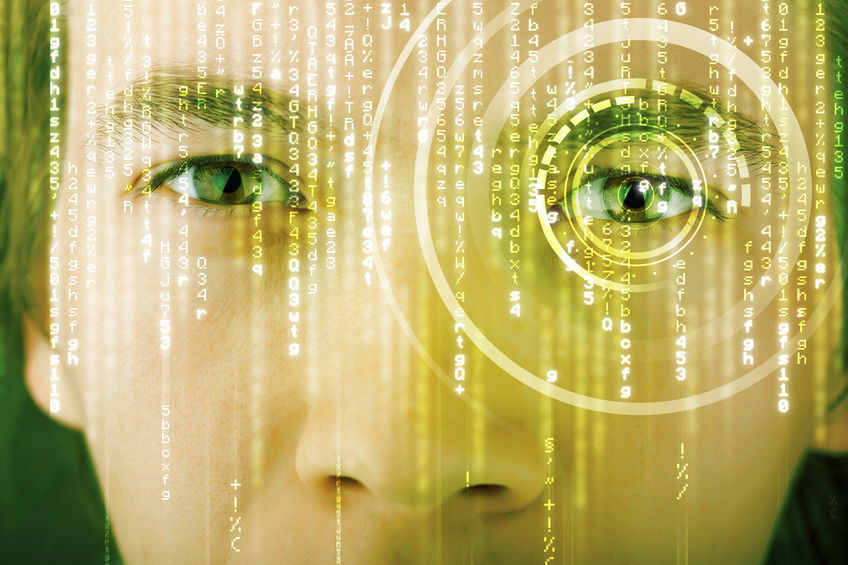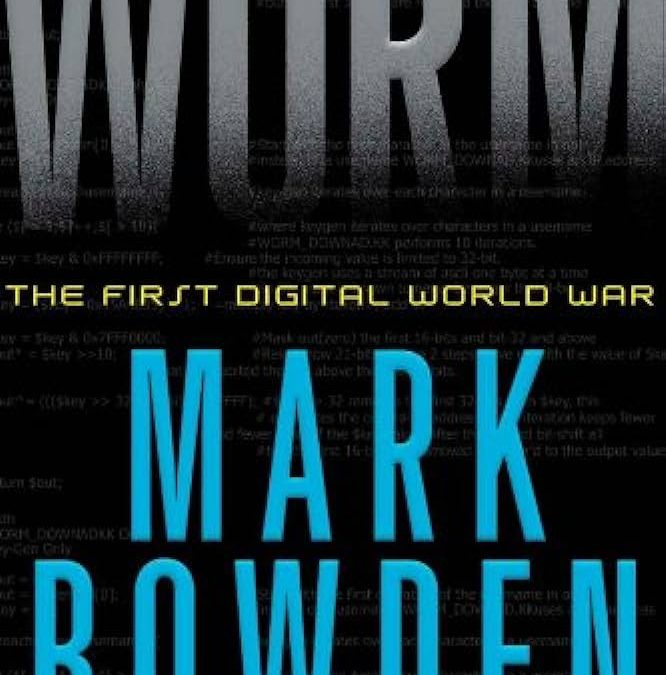
by Lynn Lipinski | Jul 6, 2017 | Essays and Features, Technology, Unsolicited advice
I have more digital passwords than keys, and without a handy key ring and visual clues like a Hello Kitty key cap, I’m having a hard time keeping them straight. Add to that the cautions of most info security professionals to avoid using the same passwords across...

by Lynn Lipinski | Oct 11, 2016 | Essays and Features, Technology
The first hints of trouble will probably start after the polls close on November 8. Should votes not go his way, GOP Presidential Candidate Donald Trump will likely reiterate and ramp up his claims of a “rigged” election. These cries, left vague enough to fit neatly...

by Lynn Lipinski | Jul 22, 2014 | Profiles, Technology
Being a computer used to be one of the few women’s jobs in astronomy. Today, the word computer evokes plastic cases, microchips and power cords, but the term “computer” was actually first used in the late 19th and early 20th centuries to describe...

by Lynn Lipinski | May 31, 2013 | Technology, Writing
Worm: The First Digital World War by Mark Bowden My rating: 4 of 5 stars So, can Mark Bowden, author of Black Hawk Down: A Story of Modern War, make TCP/IP and the domain name system exciting? The answer is yes and no. The 2008 Conficker worm infected millions of...

by Lynn Lipinski | Oct 12, 2012 | Technology, Unsolicited advice
A study released by the International Telecommunication Union yesterday showed the world has about six billion mobile phone subscriptions — one billion are in China, another billion are in India. We’re rapidly approaching a time when we can say there are...






